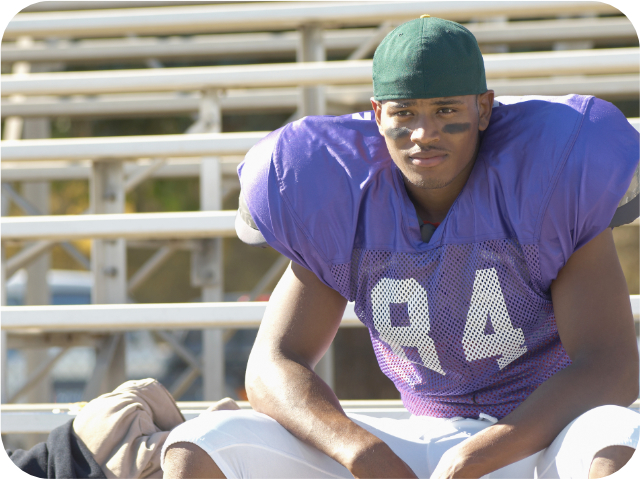Social media has become an undeniable force in our lives, and young athletes are no exception. While it offers a platform for connection, motivation, and self-expression, its influence can also be a double-edged sword, bringing both opportunities and challenges. Understanding both the benefits and drawbacks can help young athletes navigate the digital landscape in a healthy and productive way.
On the positive side, social media can serve as a source of inspiration and motivation for young athletes. By seeing their peers train hard, achieve success, and overcome obstacles, athletes can feel driven to push themselves toward their own goals. Beyond personal motivation, these platforms foster a sense of community, connecting athletes with teammates, coaches, and even sports role models. This network creates a supportive environment where shared passion for the sport strengthens bonds and provides encouragement.
In addition, social media offers young athletes the chance to highlight their achievements and milestones. Sharing their success with an online audience can boost self-esteem and provide positive reinforcement, building confidence for future challenges. Furthermore, platforms like Instagram and YouTube provide valuable learning tools, offering access to training tips, instructional videos, and insights from experts, helping athletes improve their skills outside traditional coaching environments.
However, there are risks that come with social media’s influence. One of the most concerning is the “comparison trap,” where athletes may find themselves constantly measuring their abilities and progress against others’ curated online personas. This can foster feelings of inadequacy or discouragement, as the highlight reels of others may not reflect the full picture. The pressure to perform for likes and followers can also be problematic. Athletes might prioritize aesthetics or risky behaviors to gain online attention, rather than focusing on genuine athletic growth.
Cyberbullying and negativity are another significant challenge. The anonymity of social media can unfortunately lead to unkind comments or cyberbullying, which can severely impact a young athlete’s mental well-being and confidence. Along with emotional strain, the distraction of endless scrolling can pull athletes away from training, recovery, and real-world relationships with teammates and coaches, undermining their overall athletic development.
For coaches and parents, helping young athletes navigate social media in a healthy way is crucial. Encouraging them to follow accounts that provide inspiration and educational content can foster positive online experiences. Setting boundaries is also important, such as limiting screen time, especially before bed or during practices, to ensure social media doesn’t interfere with their performance or well-being. Open communication about the potential pitfalls of social media can make it easier for athletes to express any negative experiences and seek support when needed.
Ultimately, emphasizing the importance of hard work, dedication, and enjoyment of the sport itself over online validation is key. Social media can be a valuable tool for young athletes, but with a balanced approach and a focus on real-world fundamentals, it should enhance their athletic experience, not detract from it.

